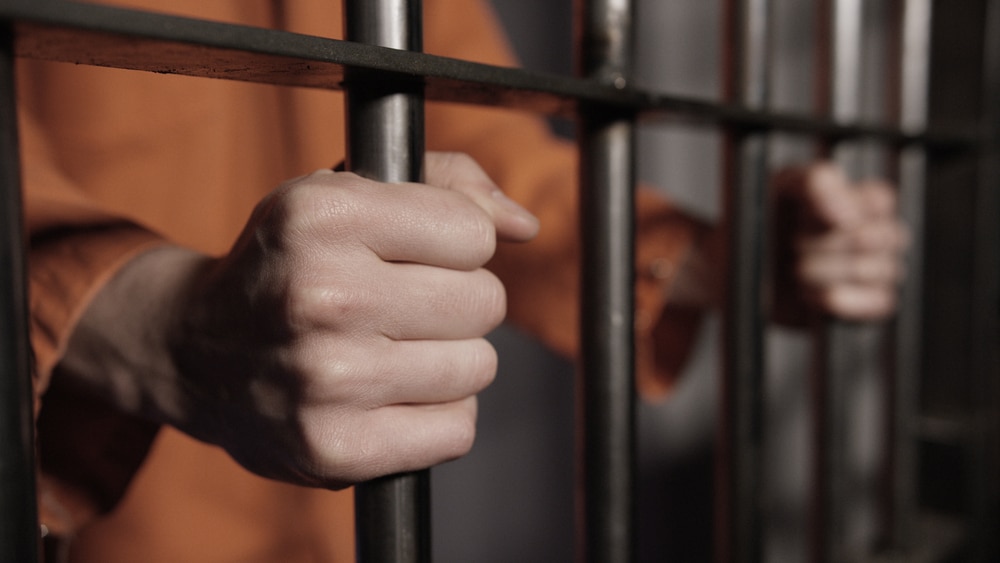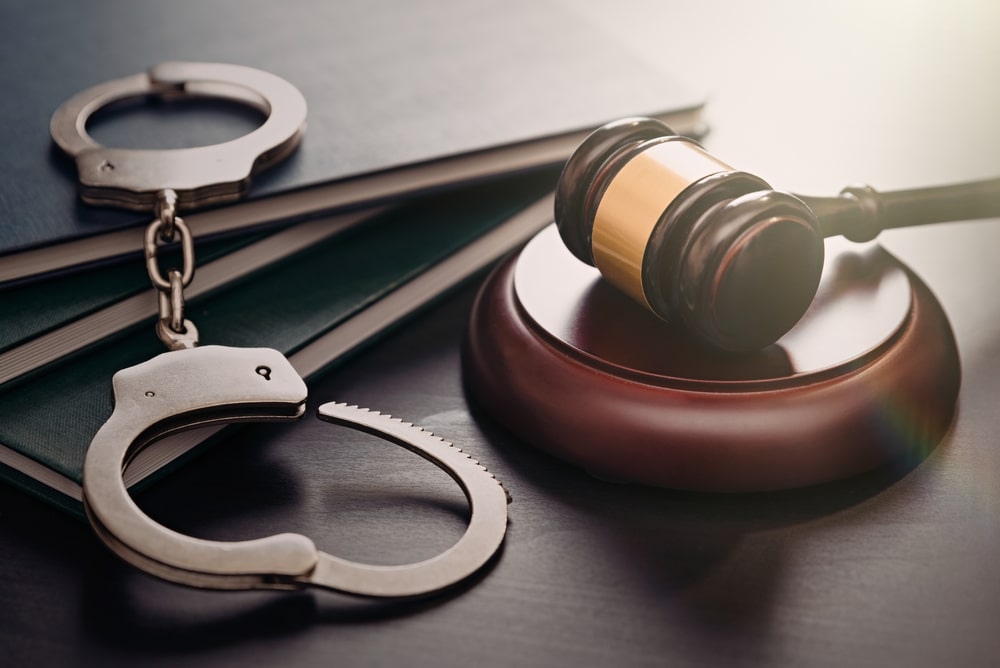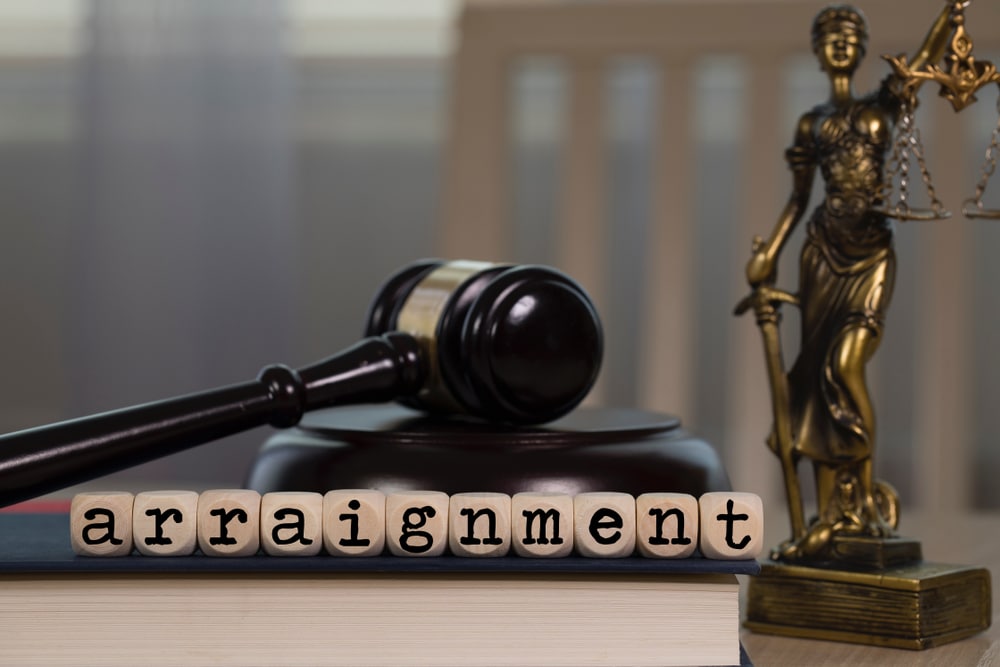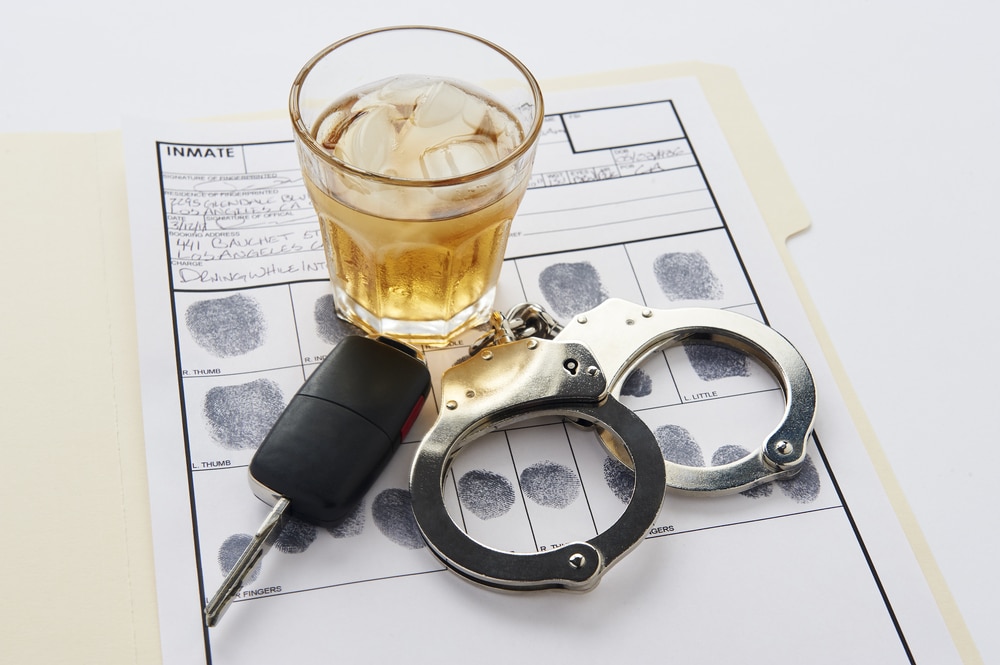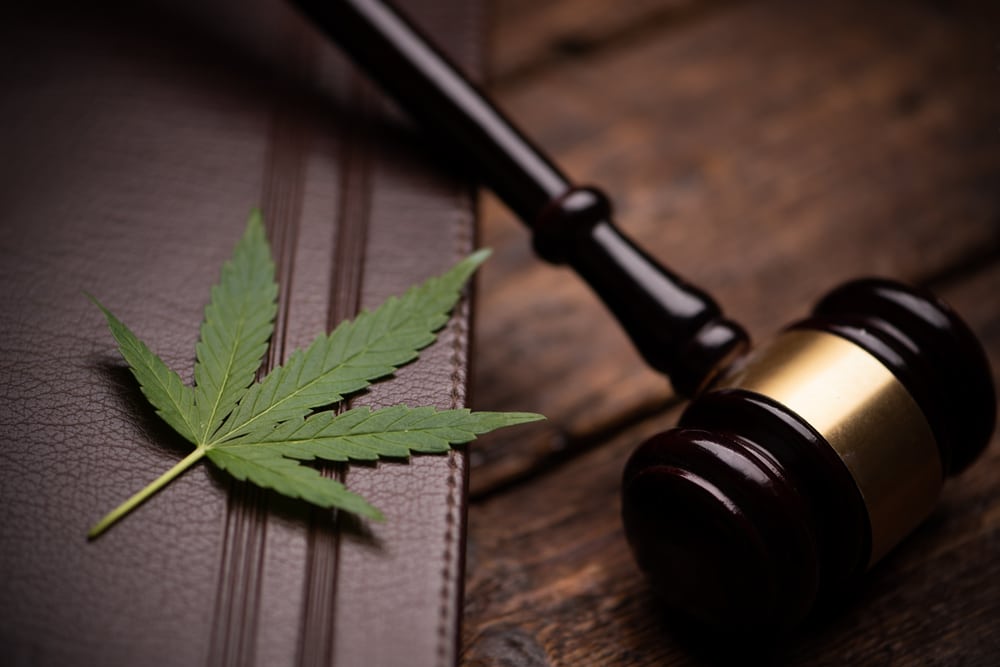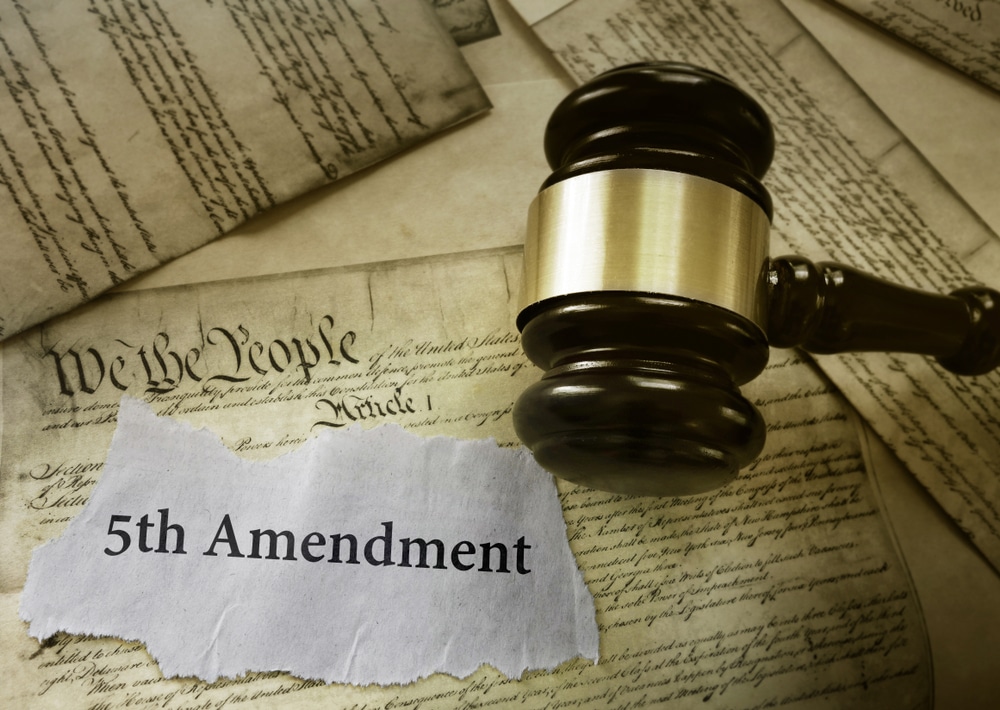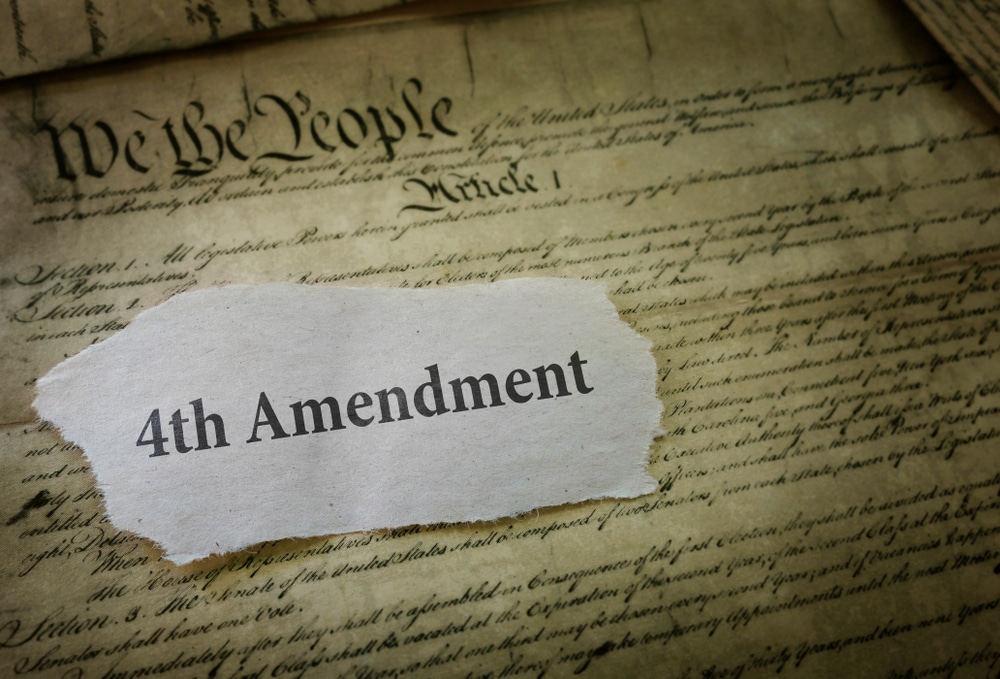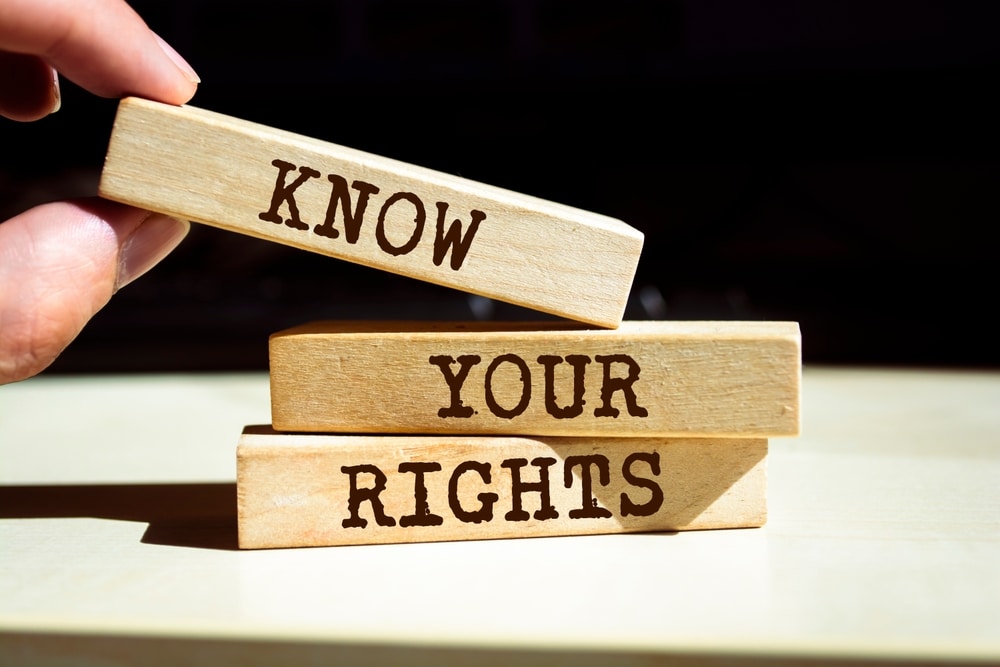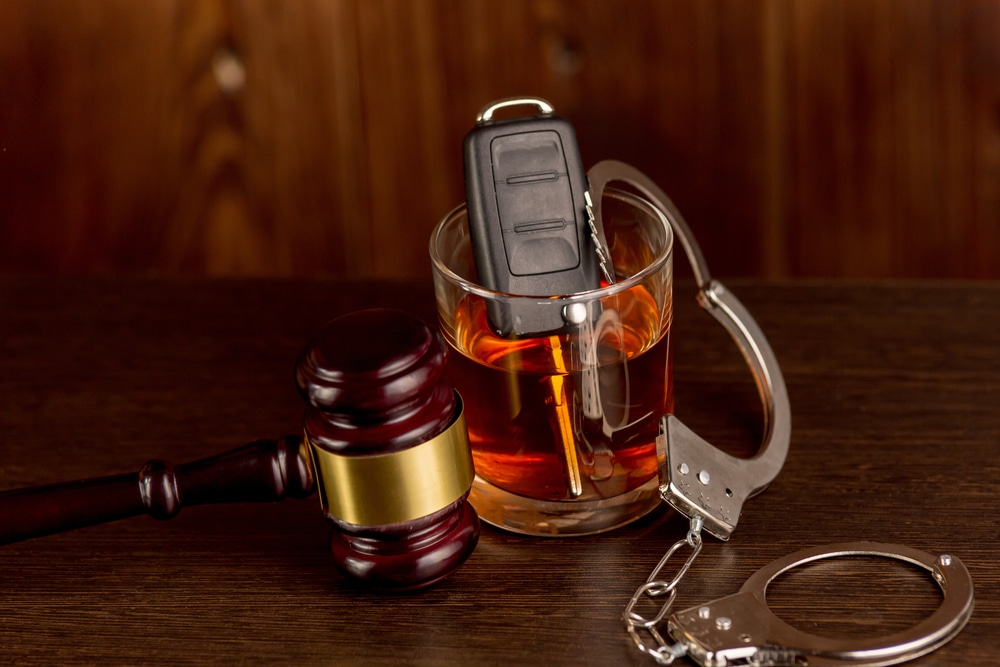New York’s controversial cashless bail legislation eliminated the use of cash bail for all but the most serious felonies and misdemeanors. The law, which was passed in 2019, has had a sweeping impact on the state’s criminal justice system over the last three years. While proponents argue that cash bail penalizes poverty, critics assert that bail reform is responsible for New York’s increasing crime rates. Specifically, under these laws, judges are not permitted to hold defendants based upon whether they are perceived to be dangerous — and they must use the least restrictive means to ensure a defendant will return to court.
Bail Condition Options
Under New York State’s bail reform laws, judges are required to release criminal defendants on their own recognizance, unless the court makes an “individualized determination” that the defendant poses a flight risk. In addition, the judge must explain the choice of release or bail on the record. The bail conditions options available to judges in order from least restrictive to most restrictive include the following: (1) release on recognizance; (2) non-monetary conditions; (3) pre-trial supervision; (4) electronic monitoring; (5) cash bail.
Significantly, release on recognizance is the lease restrictive option — and no bail or bond in such cases need be posted to ensure the defendant’s appearance in court for their case. Instead, they are released on the promise that they will show up in court when appearances are scheduled. While there is no paperwork that must be filled out if a defendant is released on their own recognizance, a judge will typically warn them that bail may be set in the event they fail to appear.
Bail Eligibility
Cash bail is the most restrictive bail condition in New York criminal cases. Specifically, under the new bail system, charges are separated into two categories: “bail qualifying offenses” and “bail non-qualifying offenses.” Cash bail can only be set for bail qualifying offenses. These include the following charges:
- Class “A” felonies, except drug offenses
- Operating as a major drug trafficker
- Felony sex offenses and incest
- Conspiracy to commit murder
- Felony criminal contempt
- Money laundering in support of terrorism
- Robbery in the second degree
- Burglary in the second degree
- All other violent felony offenses
Cases not eligible for bail include most misdemeanors, most felony drug charges, and non-violent felonies.
Will Cashless Bail Continue?
Before the bail reform in 2019, the last time New York State imposed a change to its bail laws was in 1971. While opponents of New York’s cashless bail system have argued that these laws are to blame for the crime surge, the state avoided releasing data regarding the issue. However, the New York State Division of Criminal Justice Services has recently made new data available to the public that confirms the rate of rearrest rose following bail reform.
As the state’s cashless bail system has received a considerable amount of scrutiny, Gov. Kathy Hochul and Attorney General Letitia James have said they will “analyze the data” once the New York Legislature returns to Albany in January.
Contact an Experienced New York Criminal Defense AttorneyIf you’ve been arrested it’s essential to have a skilled criminal defense attorney on your side to protect your rights. The criminal defense attorneys at D’Emilia Law provide experienced representation and aggressive advocacy to those who have been charged with criminal offenses and strive to obtain the best possible results in their cases. To schedule a consultation, contact us at 1-888-DEMILIA.

